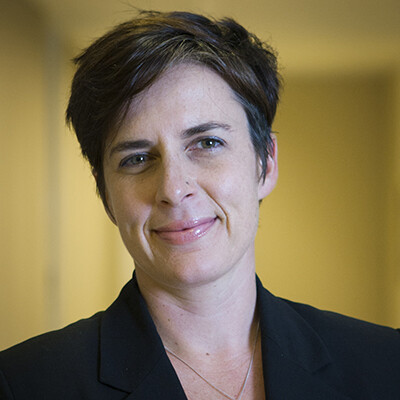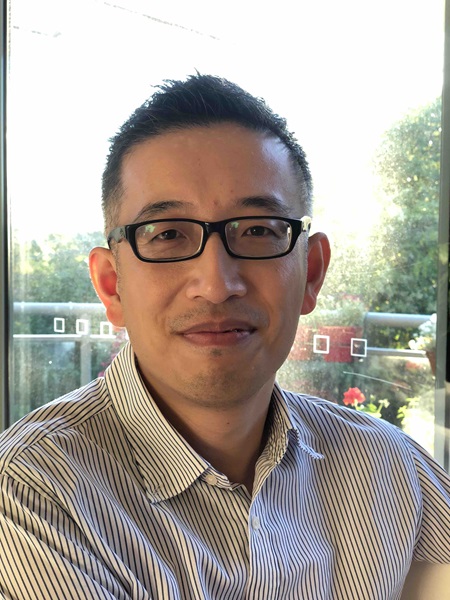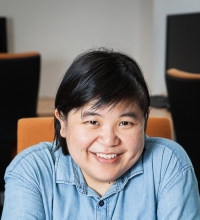Save the Date
Defence Artificial Intelligence 2024 Symposium
Melbourne Connect, University of Melbourne,
700 Swanston St, Carlton VIC 3053
Tuesday 26th November
Welcome to Defence Artificial Intelligence 2024 Symposium!
Enhancing AI capabilities is crucial for the Defence sector. Achieving decision superiority, making decisions fasters and with higher degrees of accuracy, will increasingly benefit from advancements in sovereign AI capabilities. These advancements will enable Defence to manage extensive quantities of data in complex operational environments, offering significant data-driven performance advantages to the Australian Defence Force.
DAIRNet is pleased to be hosting the AI Symposium, alongside the 37th Australasian Joint Conference on Artificial Intelligence (AJCAI). The AI Symposium is a forum for collaboration between the Australian Defence and AI communities. Join us to explore the impacts of AI on decision making, network dynamics, system behaviours, information warfare and technology. After a keynote address, a fireside chat, and insightful presentations, attendees will have the opportunity to engage with experts through in-depth analysis of case studies in interactive small group sessions.
The DAIRNet AI Symposium is an exciting opportunity for Defence, academia and industry to come together and explore priorities, opportunities, and commonalities.
DAIRNet is an initiative of the Department of Defence and is managed in partnership with the University of South Australia. To learn more, visit www.dairnet.com.au.
DAIRNet Artificial Intelligence Symposium 2024 Program
| Time | Content | |||
| 8:30 - 9:00 | Registration | |||
| 9:00 - 9:10 | Welcome and
introduction
Dr Mel McDowall, Director of DAIRNet |
|||
| 9:10 - 9:40 | Keynote address Defence IS&T Strategy with AI focus |
|||
| 9:40 - 10:10 |
Fireside chat Facilitator: Dr Ralph Gailis, DSTG Dr Dale A. Lambert, previously DSTG Professor Jennifer Palmer, RMIT University Scaling AI in Defence |
|||
| 10:10 - 10:30 | Morning tea break | |||
| 10:30 – 12:00 |
Presentations Dr Truyen Tran, Deakin University Professor Hanna Kurniawati, Australian National University Dr Zygmunt Szpak, Insight Via Artificial Intelligence (IVAI) Pty Ltd |
|||
| 12:00 – 13:00 | Lunch break | |||
| 13:00 – 14:00 |
Presentations Dr Kobi Leins, Consultant with Info Sphere Education Dr Liming Zhu, DATA61 CSIRO |
|||
| 14:00 – 14:20 |
Workshop and case study introductions Facilitator: Professor John Thangarajah, RMIT University |
|||
| 14:20 – 14:50 | Afternoon tea break | |||
| 14:50 – 16:00 | Workshop with case studies | |||
| 16:00 – 16:20 | Workshop debrief | |||
| 16:20 – 16:30 | Closing remarks | |||
| 16:30 – 17:00 | Networking | |||
| 17:00 | Offsite networking | |||









